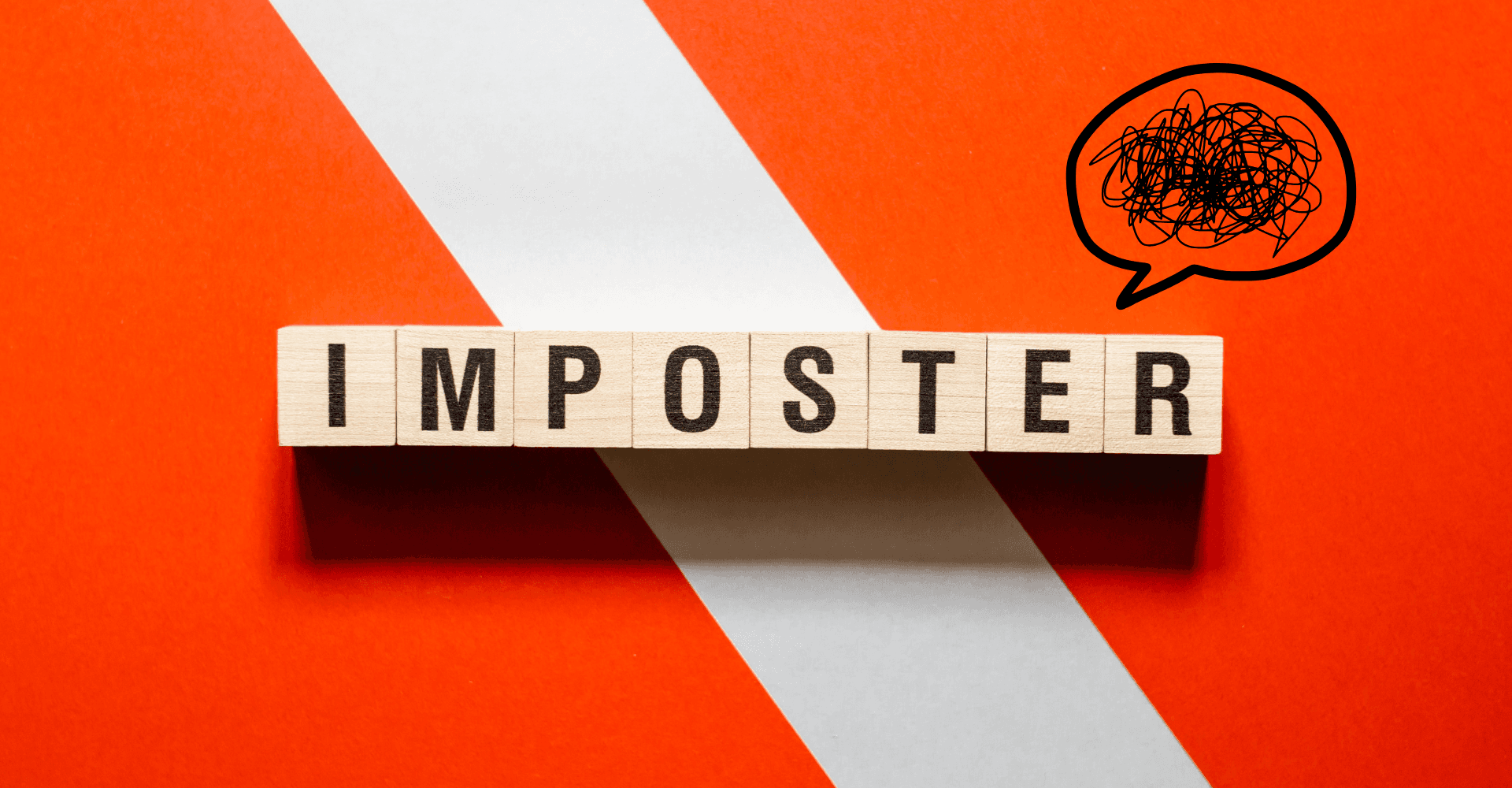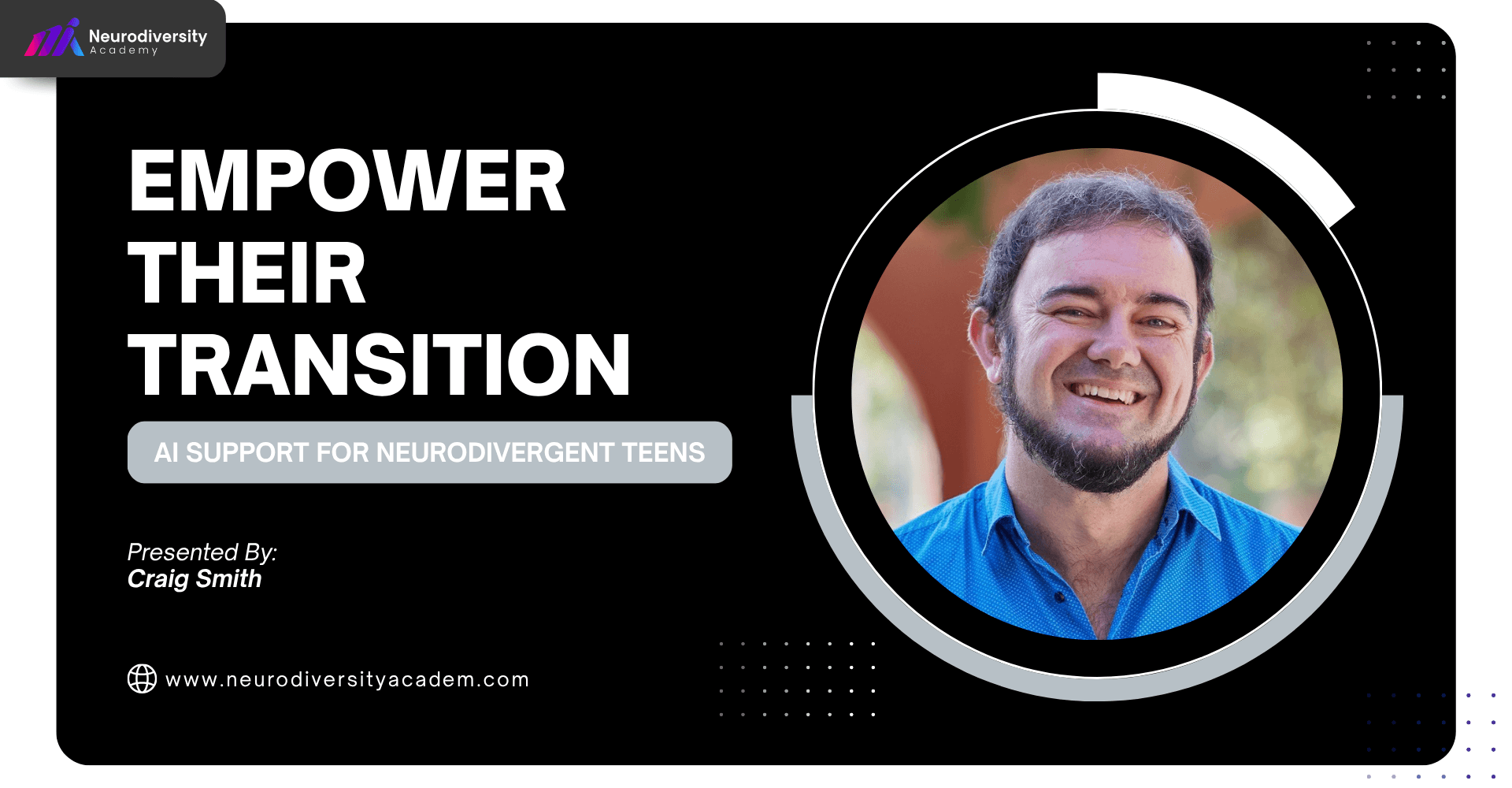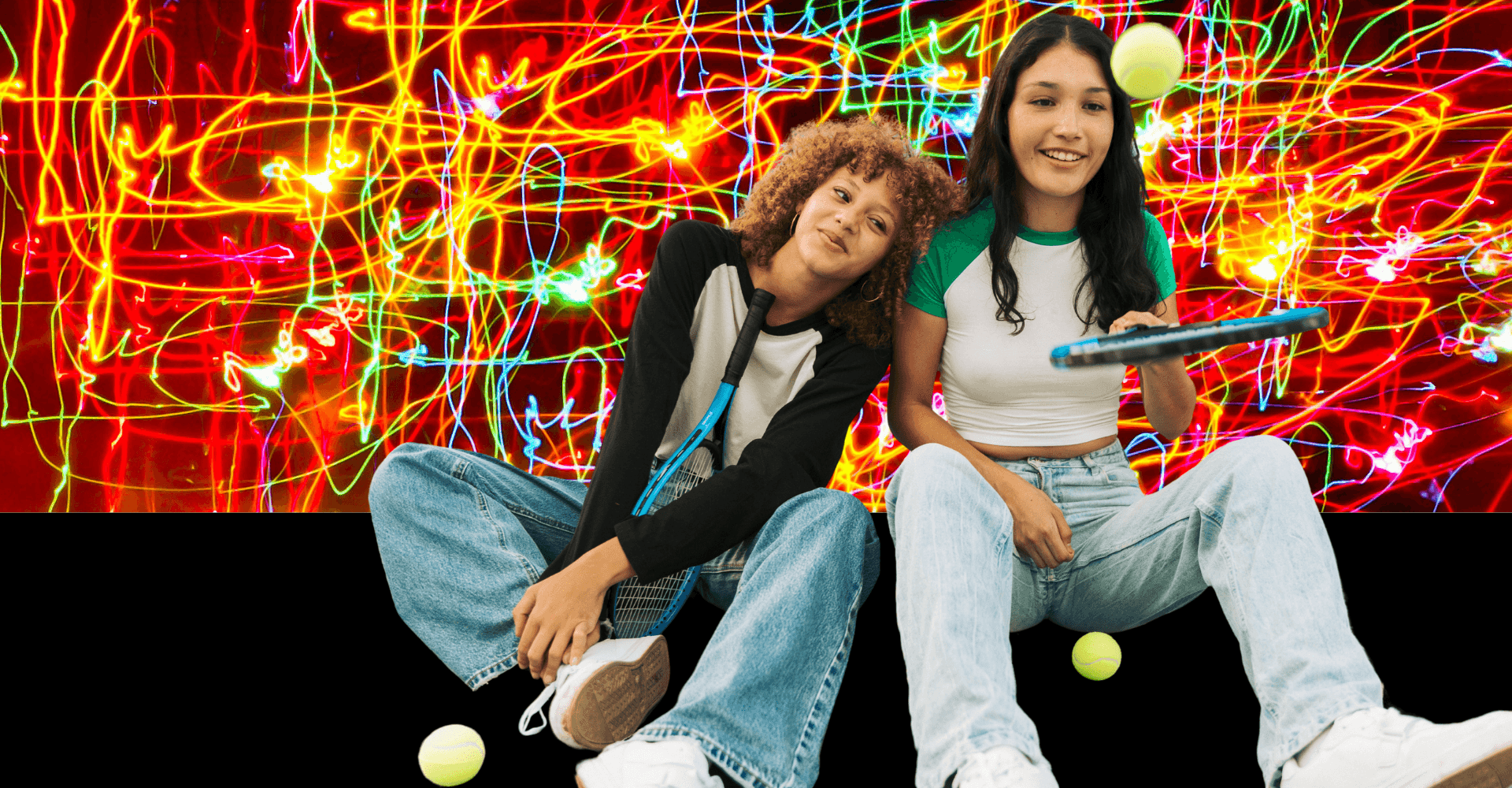Not Enough Ness and Neurodivergence
By Kara Lambert
In my daily life, I help business owners overcome Imposter Syndrome. Never heard of it? It’s the deep-seated feeling that we don’t measure up to some invisible standard we imagine others — a boss, a client, a peer — expect from us. It’s a belief that we are somehow not enough. This feeling of "not enoughness" sits at the heart of Imposter Syndrome and is more common than we think.
In the other aspect of my life, I’m a mother to two adult neurodivergent children, and I am also neurodivergent. All three of us are gifted, which is one form of neurodivergence. We also share experiences with anxiety — another common neurodivergent experience.
One of my children has an IQ above 150. The other? They didn’t complete the test due to dysgraphia, a learning difference that affects writing. I sit at 130. But in our household, intelligence isn’t a competition. We know and accept our abilities. That said, one child went to university and the other chose a trade. There is no judgment between them. Yet the one who pursued a trade sometimes feels "not enough" — not because of us, but because of messages from school and society that imply university is the only path to success.
The child with chronic health issues is a deep thinker. They research, connect with online communities, and seek out stories from others with the same condition. But even here, comparison creeps in. They sometimes wonder if they’re "sick enough" to belong.
This feeling of not enoughness isn’t limited to my children. I often feel it when I look at conversations about neurodivergence. I see discussions about masking, sensory overwhelm, school trauma, and lack of support — and I see myself in those stories. I’ve experienced them, and I’ve supported my children through them. I’ve helped them through meltdowns, left events early due to overstimulation, and held space during crises. Yet at times, I don’t feel neurodivergent "enough."
Growing up, I taught my kids a simple truth: when someone makes you feel small, remember who you are. You know your truth. You know your values. You know what drives your behaviour. But this wisdom often arrives after the harm. After the comment. After the glance. After the spiral.
The Spiral of Not Enoughness
Let’s break that down. Sometimes, our feelings of not enoughness are triggered by what someone says. Often, it’s someone we admire or who holds authority. In that moment, two things can happen. One: we recall the facts and stand firm in our truth. Or two: we miss the moment, and the comment lodges itself in our memory, reinforcing an old narrative of not being enough. Over time, our brains — specifically the reticular activating system — begin scanning for more evidence to support that narrative.
But here’s the thing: most of the time, it’s not others saying we’re not enough. It’s us. Our thoughts spiral. We hyperfixate. We compare. We tell ourselves we’re not doing enough, achieving enough, being enough. We scroll through social media, watch others speak on neurodivergence or success, and our brains collect evidence to support the story we already believe.
A Reminder to Anchor Yourself
So I want to offer you a reminder:
Remember your truth.
When a moment or comment causes that wave of not enoughness, pause. Ask yourself: what are the facts? What do I know to be true about myself? How do I experience the world? How do I show up for myself and others?
Your feelings are valid. Your neurodivergence is valid. Your experience is yours to define. No one else can determine whether you are "enough."
You are.
Connect with Kara
If you want to dive deeper into Imposter Syndrome or learn tools to help manage these feelings, you can explore more here:
- Kara's Website: karalambert.com
- YouTube: @karalambertcom
- Instagram: @karalambertcom
- LinkedIn: Kara Lambert





